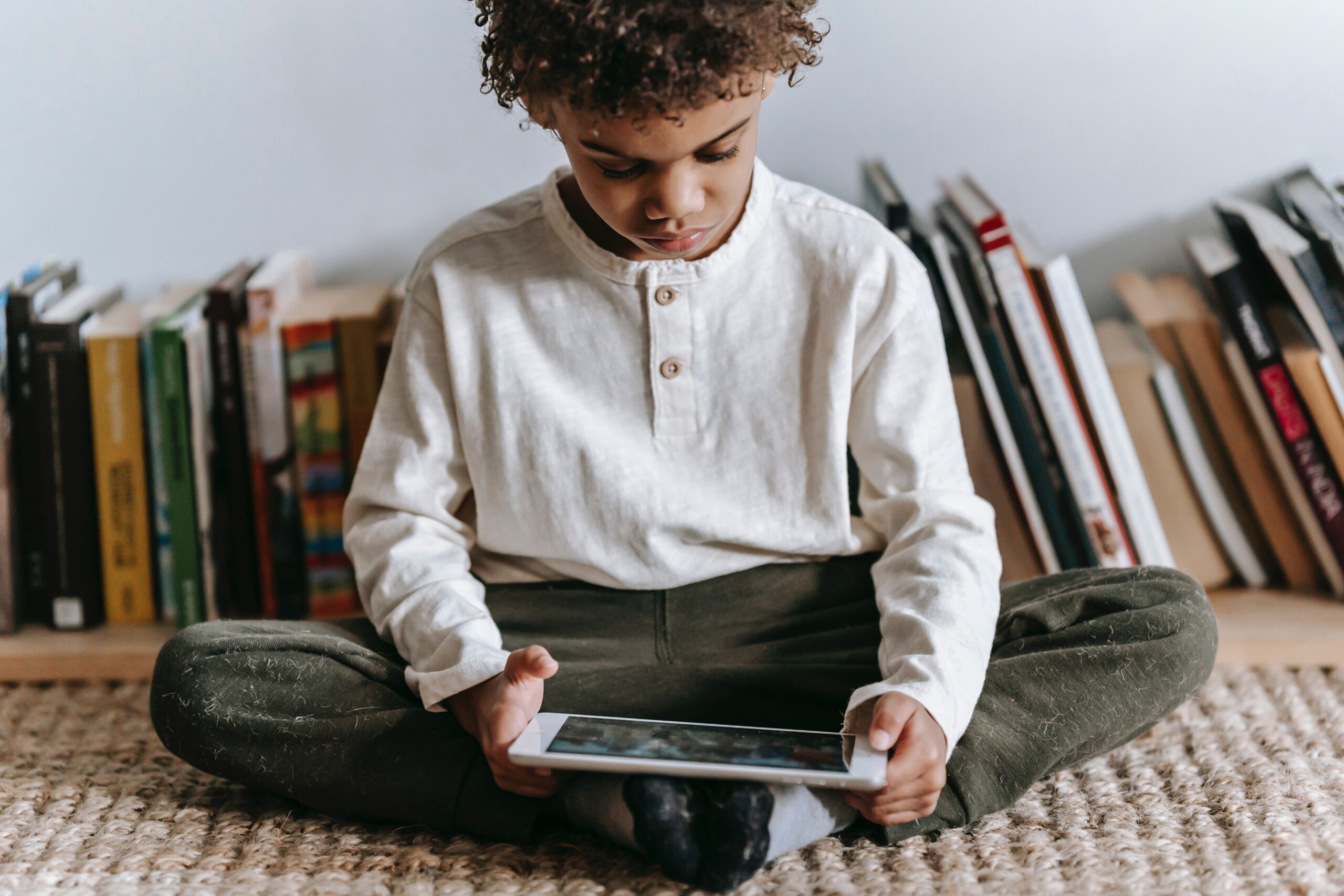The newspapers are full of the most recent studies on screen time and young children. Unsurprisingly, one year olds who spend two or more hours per day in front of screens have a greater chance of experiencing developmental delays.
Why?
Well, here’s a partial list of what kids are NOT doing when they’re watching a screen:
Rolling
Walking
Running
Climbing
Crawling
Playing with toys
Talking to a person
Smiling at a person
Laughing with a person
Looking around at the world
Discovering new things around them
Waving to people, cars, dogs, trucks
Seeing something new and picking it up to feel it
Using their eyes to see things at varying distances
Noticing similarities and differences in their environment
Learning what it means to be a person in a body in the world.
I bolded that last one because it encompasses all the other stuff.
Children arrive into this world in their bodies, and their job – at its most basic level – is to learn how to process all of the sensory experiences that life in the world has to offer.
How to identify, process, tolerate and classify the sounds, smells, tastes, sights and physical sensations of EVERYTHING that is going on around them.
THIS TAKES A REALLY LONG TIME!!!
WAY longer than a year.
Longer than two years.
Let’s say – for argument’s sake – that it takes about 10 years. Probably more, but we’ll stop there.
And let’s say – for argument’s sake – that your child has two hours of screen time per day. (We know that most kids have way more than this, but let’s just go with this low estimate).
Math is not my strong suit, but the calculator tells me that if I watch 2 hours per day for 365 days per year, I will have watched 730 hours of television per year. Multiply that by 10 years for 7300 hours of television. Then divide that by 8760 hours in a year. Convert to months and you get:
10 months
That’s 10 months of ABSENCE FROM REAL LIFE if all they got was 2 hours per day.
I don’t know about you, but I’m actually pretty horrified by that number.
It’s like watching a train wreck.
Except, a train wreck is something we have no control over, unless you’re the conductor.
And you ARE the conductor of your child’s life (at least in the early years).
YOU decide when and whether they get access to screens.
YOU decide when and whether to hand over the phone, the tablet, the remote.
You decide.
And you could decide that, “it’s fine”. But the data would tell a different story.
So what’s a parent to do?
First of all – we give ourselves a damn break. We are both doing our best AND learning more about what we might do differently later.
Next, we get strategic. Here’s how that would look for me (with full disclosure that these are from “The World According to Gabriele”, which is NOT the only world out there). Then I want to hear from YOU about your thoughts.
Under Age 2 – No screens. Period. (Is this even possible?)
People between ages 2 – 6 – Screens with lots of planning, discretion and forethought (think: I know I need a break around dinner time, and I don’t have any help – this makes an electronic babysitter super handy).
After age 5 or 6 – About half as much sanctioned time on a screen as you think there should be (because screens are so ubiquitous that there WILL be extra time built in accidentally and also school.)
More “active” screen time than passive screen time – talking to a relative or a friend on Facetime is not the same as watching Cocomelon. Likewise, watching Ms. Rachel (Yes – even Ms. Rachel) by oneself is not the same as watching it with a parent who talks during the show.
What do you think? I’d love to hear.


One Comment